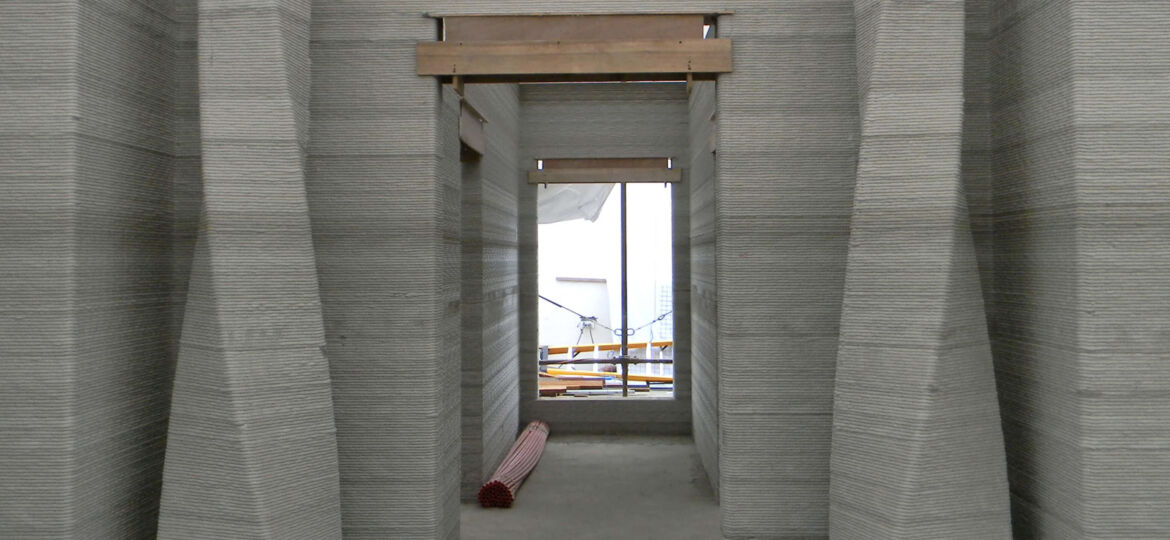
WHY THIS MATTERS IN BRIEF
In the past building a house could take weeks, sometimes months, but new 3D printing technology is changing the paradigm.
If you’re looking to move but can’t find the house of your dreams, you may be able to just print one out for yourself. In fact, in some places, such as San Francisco that’s already possible, thanks to new 3D printing startup Apis Cor, who’ve come up with an exceedingly affordable solution that lets them 3D print concrete walled houses in under a day.
Apis Cor recently used its massive 3D printer to lay down concrete walls on a test home at a site in Russia, where it has a business partner, printing out “cosy” but liveable 400 square foot houses.
The machine, which looks more like a small crane than a conventional 3D printer, spits out layer upon layer of a concrete mixture that the company says can last for 175 years. After printing out the walls, the printer’s removed, and a group of contractors install insulation, windows, appliances, and a roof.
The company says that it can build and furnish these small houses for a cost of about $10,000 with the windows and doors being by far the most expensive components.
In the future these houses could be used to help quickly re-house people affected by natural disasters, and war, and one day soon the company hopes to bring the technology back to its home town where an influx of technology workers in recent years has created a housing shortage.

















[…] Source link […]
Mind blowing! Let’s hope that investments will be made to scale this technology up. The reconstruction of devastated areas is clearly one of the most relevant use cases.
[…] hot on the heels of 3D printing house builder Apis Cor, who I covered a few weeks ago, a new Ukrainian company called PassivDom has announced it’s also using a 3D printing […]
I agree, this can help people to get shelter very fast who need it especially after natural disaster or any accidents. And being able to have house for around $10000 is surprisingly very affordable. Initially 3D printing service was just employed for prototyping and now to my surprise we can even start to live in 3D printed houses.